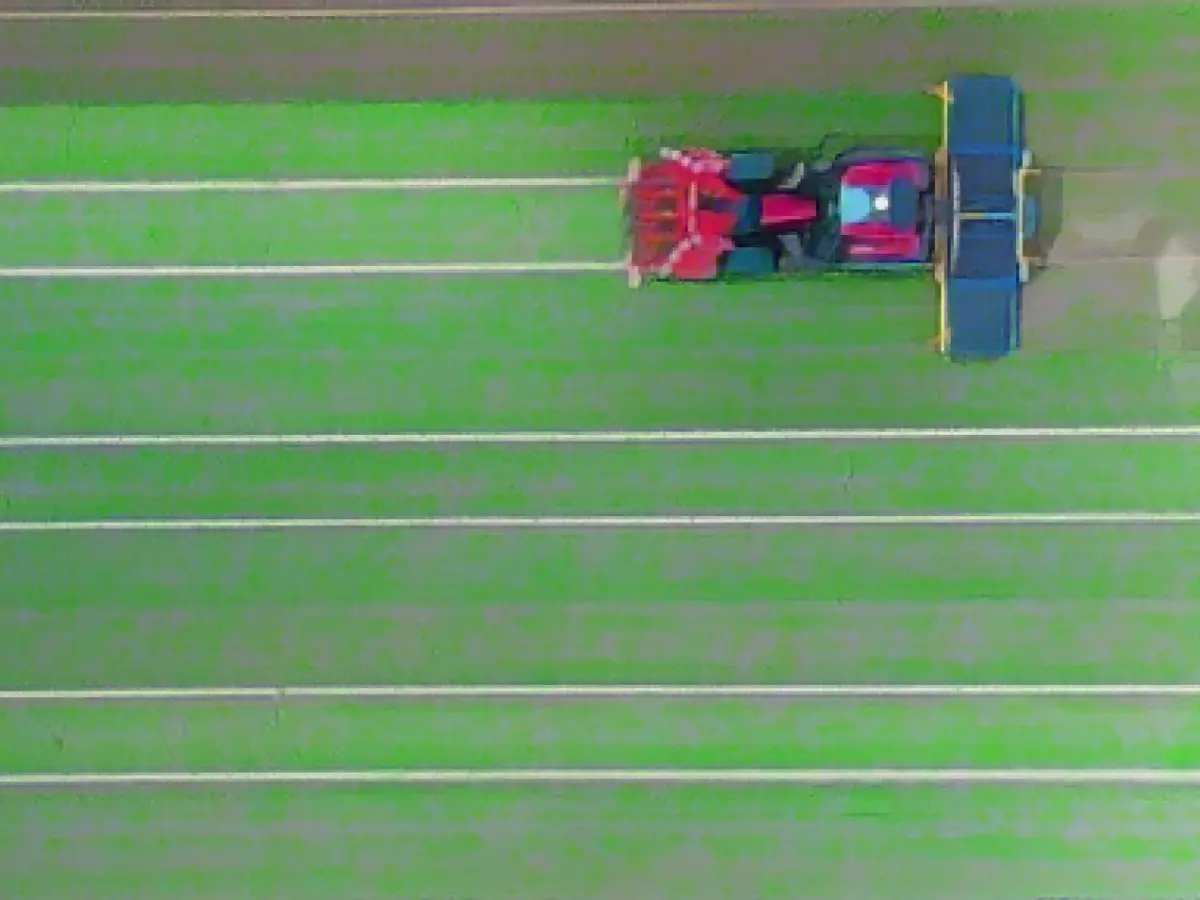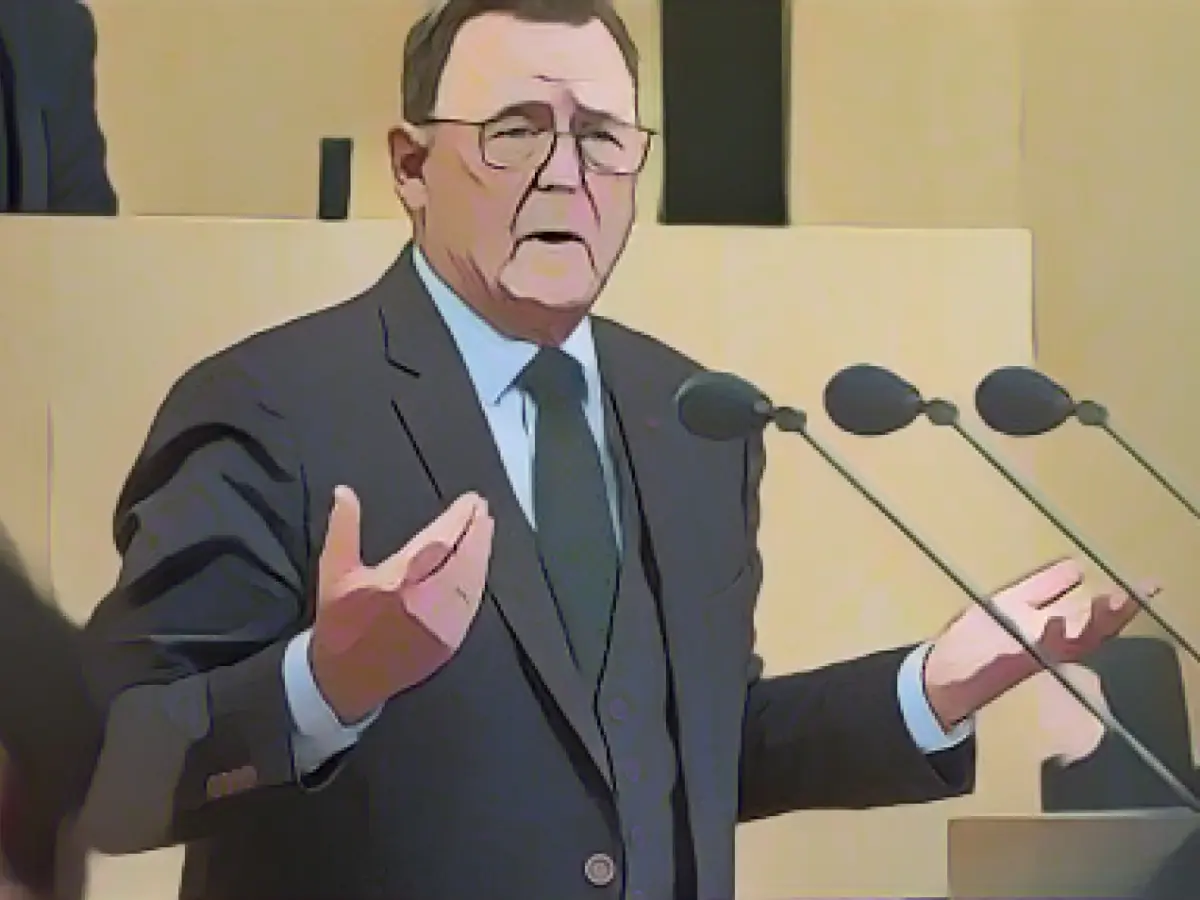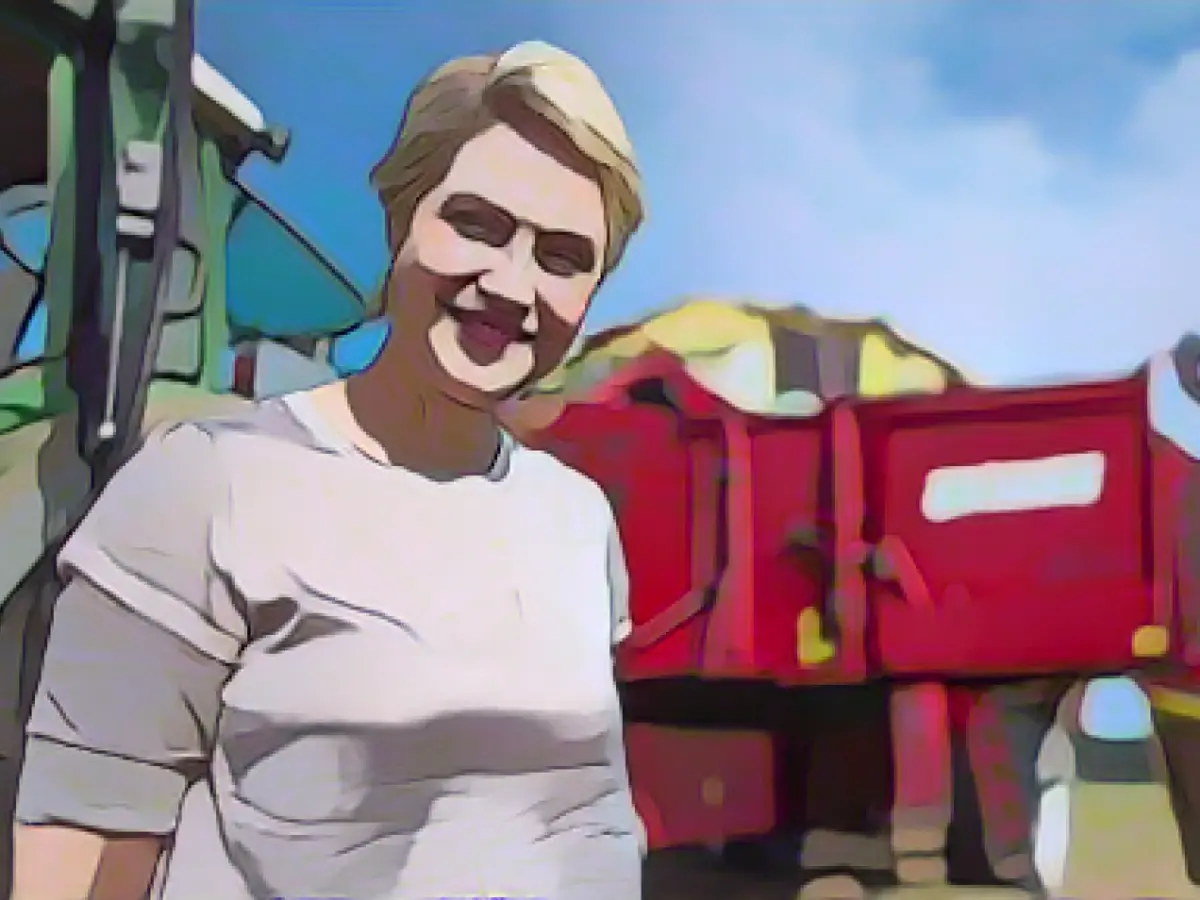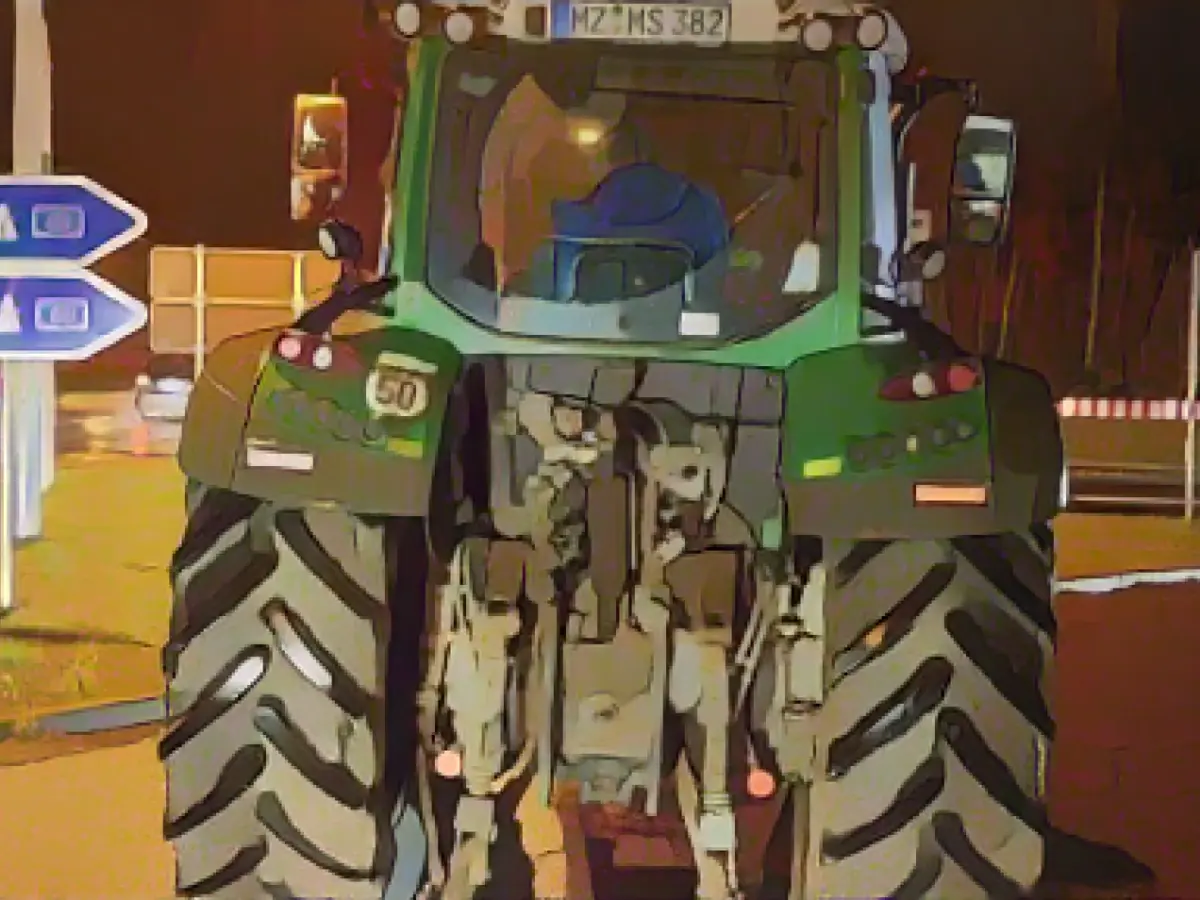The proposed elimination of agricultural diesel subsidies and tax exemptions for farm vehicles by the Berlin coalition government is causing a stir among farmers in Mecklenburg-Vorpommern. The Neubrandenburg Farmers' Association, under the umbrella of the larger Farmers' association in the region, voiced concerns about the potential financial repercussions and the overall impact on the agricultural sector.
Detlef Kurreck, the President of the Farmers' Association of Mecklenburg-Vorpommern, expressed his fierce opposition to the plans, fearing the abolition of agricultural diesel regulation could adversely affect German agriculture's competitiveness and inflate food production costs. The association estimates the cuts in the agricultural diesel sector for agricultural and forestry companies in Mecklenburg-Vorpommern alone to surpass 20 million euros.
Kurreck mentioned that the average diesel consumption in agriculture amounts to approximately 100 liters per hectare of land per year. Concerns about the livelihoods of farmers and the stability of the agricultural industry led Kurreck to publicly denounce the proposed changes.
The SPD and Greens, part of the coalition government, presented key points for savings in the 2024 federal budget, which included the abolition of tax concessions on agricultural diesel, causing apprehension among farmers and politicians alike. Federal Agriculture Minister Cem Özdemir, a member of the Greens, has already highlighted his concerns.
If both the agricultural diesel subsidy and the motor vehicle tax exemption were to be phased out, agriculture might bear an unfair burden. However, the government's intentions behind this plan are to help decrease carbon emissions, as the reliance on diesel contributes to greenhouse gas emissions.
To ease the burden on farmers, alternative approaches like gradual transitions, additional support for renewable energy adoption, and phased implementation have been suggested. A more gradual and supportive policy could minimize the impact on farmers and ensure the long-term sustainability of the agricultural industry.








